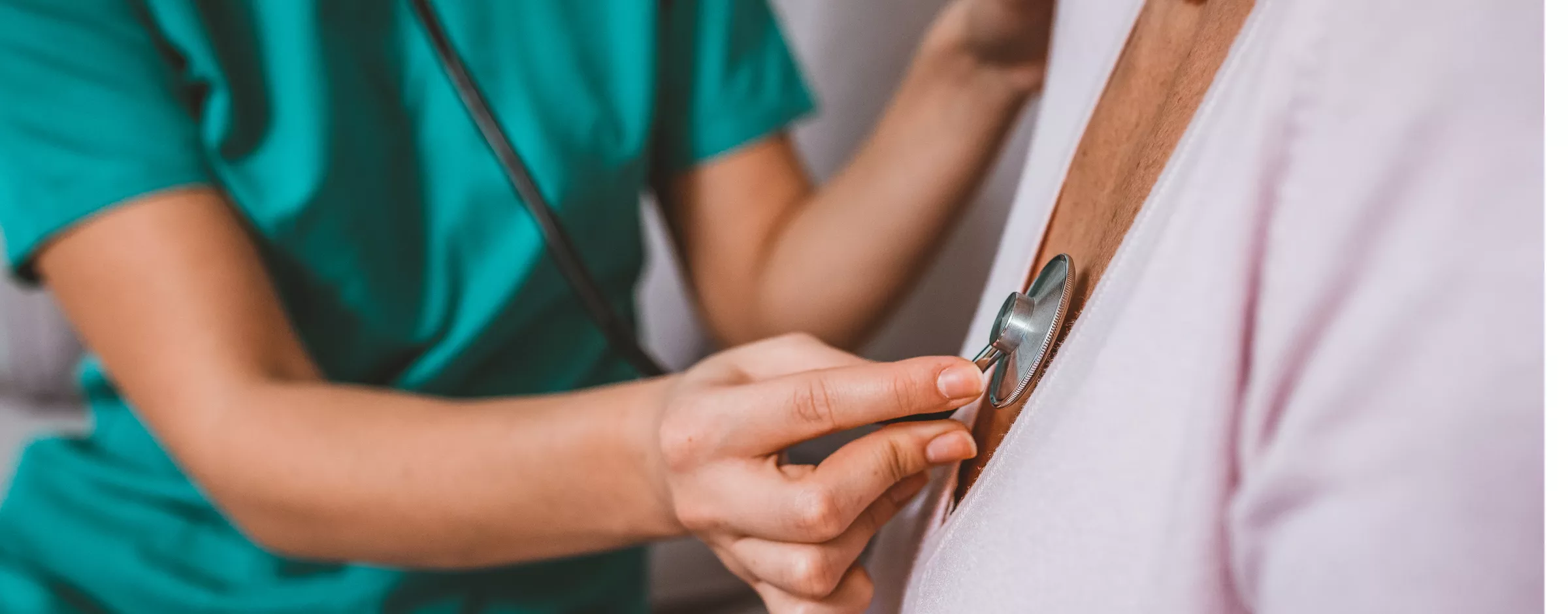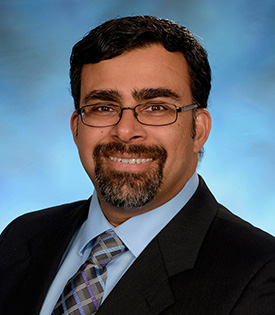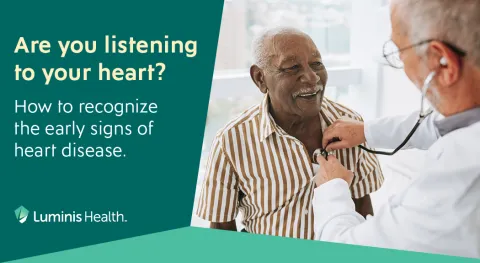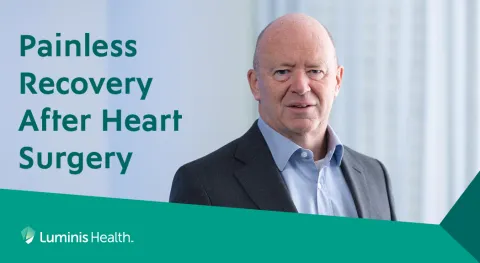
A cardiologist can diagnose and treat many heart conditions, but if you require surgery, your cardiologist will refer you to a cardiac surgeon. Below, Cardiothoracic Surgeon Murtaza Dawood, MD, explains some of the differences between a cardiac surgeon and a cardiologist.
Is a cardiac surgeon also a cardiologist?
No, a cardiologist receives medical training while a cardiac surgeon receives surgical training. If you need surgery, a cardiac surgeon will be involved before, during, and immediately after your surgery. In many cases, once you have recovered, you will not need to continue to follow up with your surgeon. Your cardiologist will follow your path before and after surgery to help manage your condition, and will continue to follow up with you in the long term. For example, a cardiologist can diagnose heart disease and work on managing the disease through medication and lifestyle changes. The surgeon, on the other hand, surgically corrects the issue.
Why would I need a cardiac surgeon if I already have a cardiologist?
Cardiac surgeons work with your cardiologist to improve an abnormality or a disease process that needs surgery. Some examples of why you need a cardiac surgeon could be heart disease requiring a coronary artery bypass surgery (CABG), severe heart valves disease, or pathologies of the aorta. To get the full benefit of the surgery, you may have to take medications or make a lifestyle or diet change. In this case, your cardiac surgeon and cardiologist will work together to help you reach your goals.
What procedures do cardiac surgeons do?
Cardiac surgeons can fix many issues such as blocked heart vessels, congenital or degenerative valve diseases, diseases of the aorta, and tumor or mass removal involving the heart. Cardiac surgeons can also perform surgeries in emergencies, such as heart injury from trauma.
If I have a blockage, can I get a stent instead of surgery?
An interventional cardiologist can use stents, which are delivered by catheters in your artery of the arm or leg, to reach the vessels of your heart causing the blockages. However, some blockages will require surgery as it could provide a better or more durable treatment, especially if you have multiple blockages. For example, some blockages could be in areas that are difficult to open with a stent. In other situations, a combination of stents and surgery can treat a blockage. Keep in mind that fixing a blockage does not solve the underlying problem that lead to the blockage, so it is possible to require stents after surgery or vice versa. Talk to your provider about decreasing your risk for future blockages.
 Murtaza Dawood, MD is an experienced cardiothoracic surgeon who is recognized for performing operations for complex valve disease and atrial fibrillation. He is known for treating mitral valve regurgitation as well as aortic valve disease.
Murtaza Dawood, MD is an experienced cardiothoracic surgeon who is recognized for performing operations for complex valve disease and atrial fibrillation. He is known for treating mitral valve regurgitation as well as aortic valve disease.


